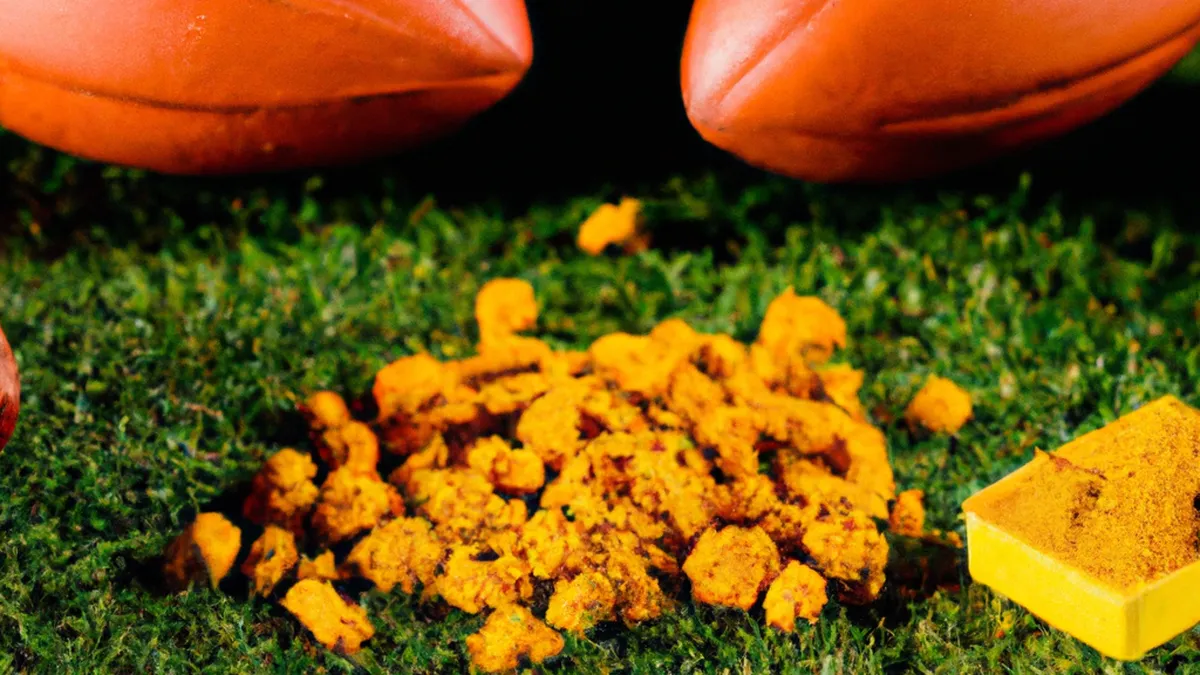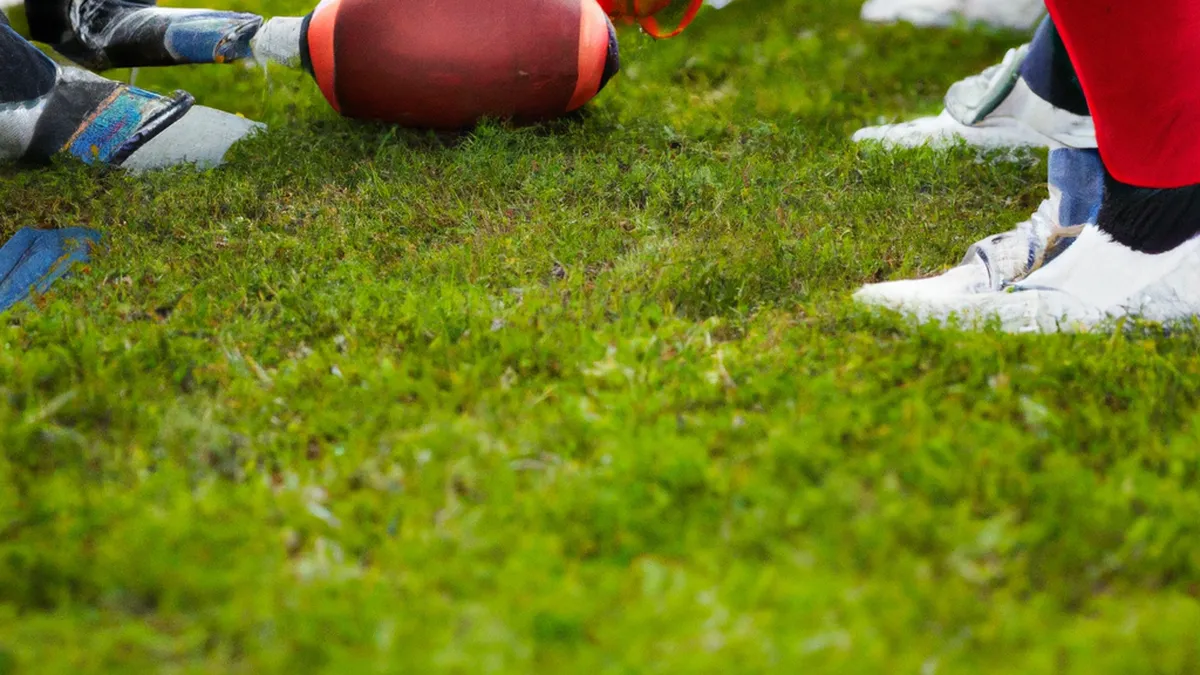Digesting Success: Food for Better Skiing
Strategies to Improve Ski Performance Through Nutrition
Skiing demands strength, stamina, and agility. To excel on the slopes, you need proper nutrition. Fuel your body with the right nutrients to boost energy, improve recovery, and enhance your skiing experience. Let’s explore effective nutrition strategies for better ski performance.
Understand Your Nutritional Needs
Optimize your skiing performance by understanding your nutritional needs. Skiing requires specific nutrients for optimal function. Focus on carbohydrates, proteins, and fats in your diet.
Carbohydrates for Energy
Carbohydrates serve as your primary energy source during skiing. They fuel your muscles effectively. Choose complex carbohydrates like whole grains, fruits, and vegetables. These foods release energy gradually, keeping you energized throughout the day.
Proteins for Recovery
Protein is vital for muscle repair and recovery. After skiing, your muscles need time to recover. Include lean proteins like chicken, fish, eggs, and legumes in your meals. Consume protein within 30 minutes post-skiing to enhance recovery.
Healthy Fats for Endurance
Healthy fats provide concentrated energy for long skiing sessions. Choose avocados, nuts, and olive oil for sustained energy. These fats help maintain endurance while skiing.
Hydration Is Key
Hydration remains crucial for skiing performance. Dehydration leads to fatigue, reduced coordination, and increased injury risk. Prioritize hydration consistently.
Drink Water Regularly
Drink water throughout the day, not just when thirsty. Carry a water bottle while skiing, and sip frequently. This habit keeps you hydrated, even in cold conditions.
Electrolyte Balance
Incorporate electrolyte-rich drinks, especially on long ski days. These beverages replenish lost minerals through sweat. Choose options low in sugar but high in essential electrolytes like sodium and potassium.
Pre-Ski Meals Matter
Your pre-ski meal significantly impacts performance. A balanced meal provides necessary energy for sustained activity.
Timing Is Important
Eat your pre-ski meal 2 to 3 hours before skiing. This allows your body to digest and convert food into energy. A sample meal includes oatmeal with fruits and nuts.
Snack Smart
If skiing for several hours, pack healthy snacks. Energy bars, trail mix, or fruit work well. These snacks offer quick energy boosts during breaks.
Post-Ski Recovery Is Essential
After skiing, prioritize proper nutrition for recovery. Focus on replenishing energy stores and repairing muscles.
Balanced Post-Ski Meal
Your post-ski meal should balance carbohydrates and protein. Consider a grilled chicken wrap with vegetables and whole-grain bread. This meal restores glycogen levels and promotes muscle recovery.
Don’t Forget to Stretch
Incorporate stretching and hydration into your post-ski routine. Stretching prevents stiffness and improves flexibility. Drink water or an electrolyte drink to rehydrate.
Benefits of Proper Nutrition for Skiing
Adopting these nutrition strategies offers significant benefits. First, you will enjoy improved energy levels for longer skiing sessions. Second, proper nutrition enhances recovery, reducing fatigue after skiing. Finally, a balanced diet improves overall performance, making you a more efficient skier.
Improved Focus and Coordination
Good nutrition enhances mental focus and coordination. Proper nutrients help your brain function better. This improvement leads to better decision-making on the slopes.
Reduced Risk of Injury
A well-nourished body reduces injury risk. Proper nutrition supports muscle health and joint function. You can ski confidently, knowing your body is well-prepared.
Conclusion
Nutrition plays a vital role in skiing performance. Understand your nutritional needs, stay hydrated, eat wisely before and after skiing, and focus on recovery. Embrace these strategies to fuel your body and enhance your skiing experience. Remember, your performance begins with what you eat. Gear up, eat well, and enjoy skiing with confidence!
Below are related products based on this post:
FAQ
What types of carbohydrates should I include in my diet for skiing?
Include complex carbohydrates like whole grains, fruits, and vegetables in your diet. These foods release energy gradually, helping to keep you energized throughout the day on the slopes.
How important is hydration while skiing?
Hydration is crucial for skiing performance. Dehydration can lead to fatigue, reduced coordination, and an increased risk of injury. It’s essential to drink water regularly throughout the day and consider electrolyte-rich drinks, especially during long ski sessions.
What should I eat for my post-ski recovery meal?
Your post-ski meal should balance carbohydrates and protein to replenish energy stores and promote muscle recovery. A good option could be a grilled chicken wrap with vegetables and whole-grain bread.















Post Comment